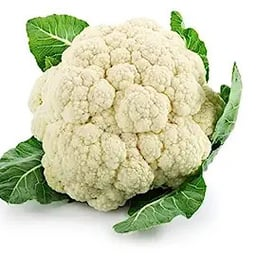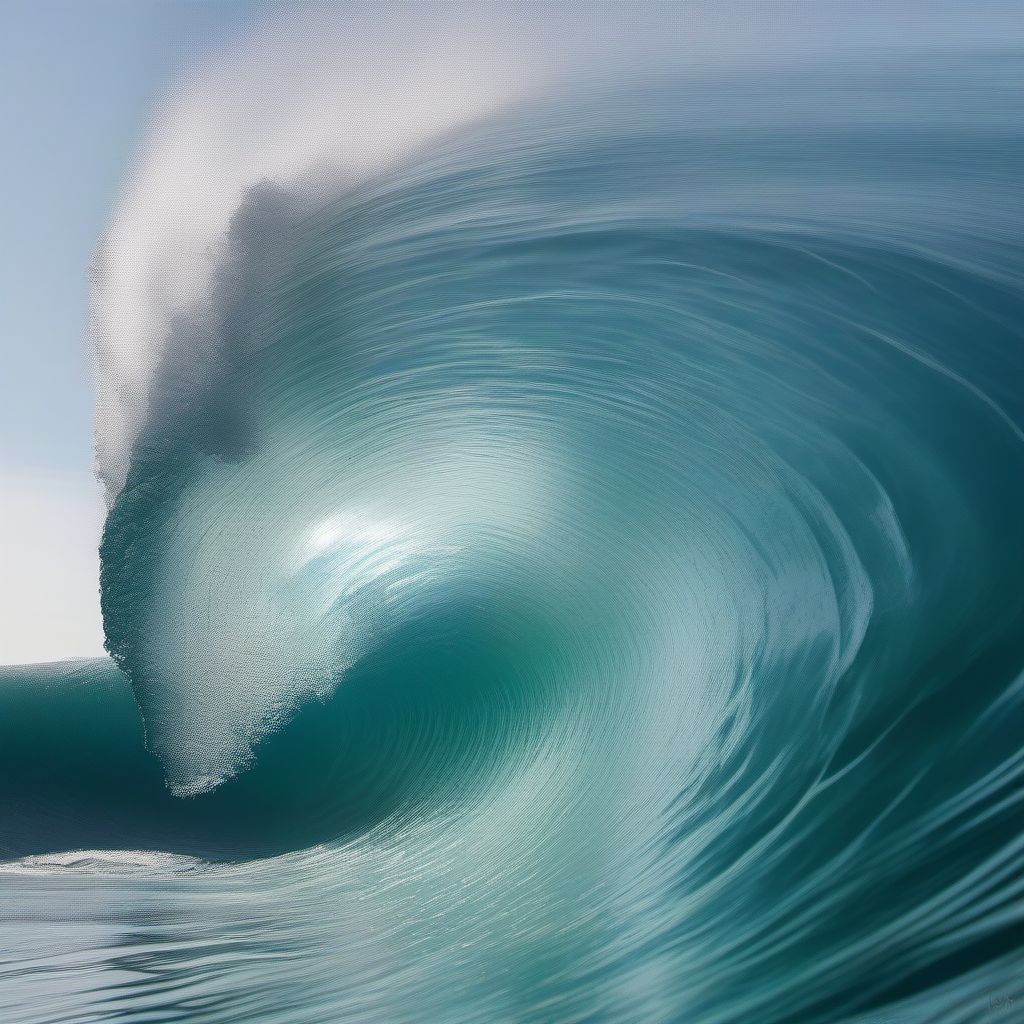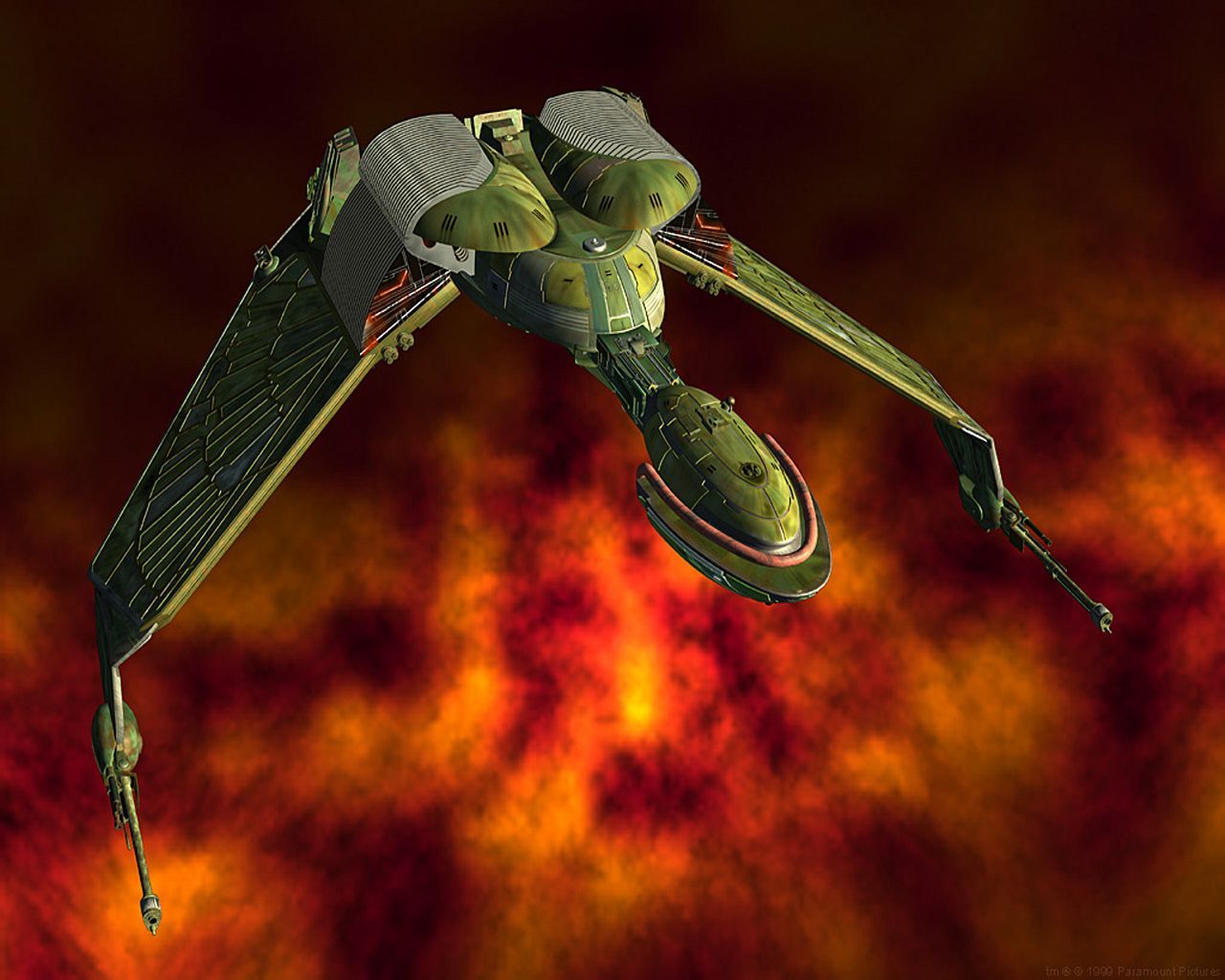After the hunger fades you just feel sorta empty/light but eventually that fades too and you stop noticing it. Atleast in my experience
You’re hungry.
To add to that, if the calorie deficit is small enough, the hunger feeling will be reduced over time as your body adjusts to the new calorie intake, but will always be there until the body is a weight that matches the calorie intake.
Example: Someone who is overweight eating the calories for their target weight will have a calorie deficit that becomes less of a deficit until they reach that target weight and at that point they should no longer feel hungry except when they actually need to eat to maintain weight. Obviously other factors can create a feeling of hunger when the body isn’t actually sending the hunger signals or people wouldn’t be overweight.
As someone on semaglutide therapy, I can share that a large calorie deficit hits you in the wills to live. At some point even just eating feels like a stop at the gas station to fuel up, and it hardly matters whether it’s 87 or 95 octane. Hell, rancid fry oil would even work. At some point, you stop caring whether you eat because it feels like another chore.
Eventually your metabolism syncs up again with your energy demand and you start getting interested in food, except you’re way more selective about how you’re (edit:
spending) acquiring those calories. I almost can’t abide by junk food, fast food, or breaded fried crap anymore. But neither do I want salad or vegetables because they’re “fluffy.” Too much volume, not enough calories. I want about 6 or 10 forks full of food, and then that’s it. And it’d best taste good, or I can’t be bothered. Restaurants easily stop looking like a good deal.Anyway that’s a digest of my diary for the last 22 months. Do with the info as you will.
This isn’t correct. Even when someone who has lost weight hits caloric balance they stay hungry. Fat cells produce hunger signals when it’s at lower than it’s previous stored energy levels.
It takes several years for fat cells to adapt to the new normal and not try to reach their previous levels.
You’ll feel the cold much more.
But after some time, the stomach adapts and you don’t really feel that much hunger anymore.
Just can be, that you produce a Gastritis, because the stomach wants to dissolve something and after some time it’s itself.
Also, muscles will be used, after fat, and you lose weight in a not nice way.
It’s (imho) also really hard to get back to regularly eating normal meals.
After a few weeks of stress and not eating much (last week was like 1.5 sandwiches the whole week), I needed quite some time to be able to process a real meal again.
I would eat a few bites, get the sweats and want to puke.But the was a bit of an extreme case - at least on countries without famine…
I’ve fasted – like, just water and vitamins – for a week before.
I found that I was hungry, especially for about the first two or three days, but that I mostly ignored it after that, though I did find myself paying more attention to food ads and stuff like that than normal.
I was significantly cooler. I assume that the metabolism cranks down. I needed to wear heavier clothing than normal to feel comfortable.
I felt like I had less energy to effortlessly run around. Like, I could get up and go somewhere, wasn’t weak, just felt more like something you’d think about doing before doing.
Don’t need to hit the toilet much. That’s neat. Do need to stay hydrated, which I found to be surprisingly easy to forget about without sitting down for a meal.
I wasn’t trying to push myself physically while doing that, though.
I’ve also tried running a long-run calorie deficit where I wasn’t fasting, but also wasn’t eating much – something like 500 calories a day or less – for a longer period of time, for months, and then did a ten mile bike ride a day – there are calories coming in, but they’re considerably less than what you’re burning just living. I found the biking to be kinda rough. It just yanked all of the sugar out of my blood. Had a couple times doing that when I had my vision start to gray out at the end of my ride, needed to stop and get my head down. Was kinda like a zombie after my ride for a bit. Also was colder, just as when fasting. While it’s doable – I lost a bunch of weight doing it – I have to say that I think that it was rather harder than just outright fasting and not doing the exercise. Every time I ate, I felt like it kicked me back into “being hungry mode”, and it was only really physically a strain during the bike ride.
I had a harder time mentally concentrating on things when I’m doing that. Haven’t tried quantifying it, but I’d say that I was less-productive while doing that.
Interesting insight. If you were on a 500 calorie diet and “bonked” while cycling then presumably it was shortly after a meal, since at that level of calorie restriction you’re going to be running mostly on fat reserves directly rather than sugar via glycogen. It is absolutely possible to run marathons without having eating a gram of sugar. The advantage is precisely that you can’t hit a wall when the glycogen runs out. But apparently the keto diet is not quite as performant at the margin, which is why athletes haven’t all switched to it. It does deal with the hunger issue though, by all accounts.
pretty cool, i highly recommend.
all the people saying"hungry" are incorrect, your body locks into new eating patterns pretty quickly.
if you start OMAD, one meal a day, after a couple days you don’t get hungry until the food window you normally eat at.
fasting gave me a sense of control over my body that I hadn’t really accessed before.
I also just felt a little high after a few days, so things are a lot more interesting in general while fasting.
I like fasting, I do omad everyday, 2 days every now and then and I’ll fast 4 days to a week occasionally.
you know what else is really cool about fasting, my runny nose and all the little itches and all that stuff are gone.
I should stop talking, I can talk about this forever.
give it a whirl, fasting is fun.
saves a ton of time too, once you realize how much time you spend commuting to/from or consuming food or using the bathroom because you eat three or five or seven times a day.
Time that could be spent on lemmy answering questions about not eating hahaha.
It still astounds me that some people have to actively manage their food so they dont get fat.
you clearly dont live in the usa our food is poison
Is that actually astounding?
Yeah ive never really thought about it i just eat what i enjoy when im hungry.
Weight loss.
What do you mean? Have you never had one?
First world problem.
It depends. If you eat frequently, regardless of how much you eat, you’re going to feel hungry relatively soon at any given point. So, eating at a deficit just amplifies that. It’s hard to ignore.
However, I’m a big fan of fasting (though I haven’t been very consistent with it lately). Once my body eventually gets used to not eating multiple times per day and instead, say, eating one big meal once per day, I don’t feel hungry at all until dinner time.
Even if you do eat at a reasonable deficit, and your daily meal is healthy/has enough fiber/protein, it’s way more likely to satiate you.
Not really related to the post, but if I’m doing OMAD (one meal a day) consistently, fasting also makes me feel great. I get a noticeable increase in energy and mental clarity.
I did a 1000-calorie daily deficit for a few months, in order to lose two pounds a week. I got used to being hungry all the time after a couple of weeks, but having a lot less energy and being sleepy during the day were harder to deal with. My body was trying to conserve calories that way, but pushing through it was possible.
The hardest part was actually accurately counting the calories. It was relatively simple for off-the-shelf food, but a lot more annoying for things someone else home-cooked for me. I had to ask for the recipe every time, weigh how much I ate, and then track the calories per ingredient on a spreadsheet. Restaurant food was effectively impossible to count, but that didn’t matter much because I was so focused on filling food that I wouldn’t have eaten it anyway. I’m a vegetarian, so I ended up eating mostly beans, tofu (which is also beans, now that I think about it), and vegetables. Other things weren’t as filling per calorie as those foods.
Hunger









